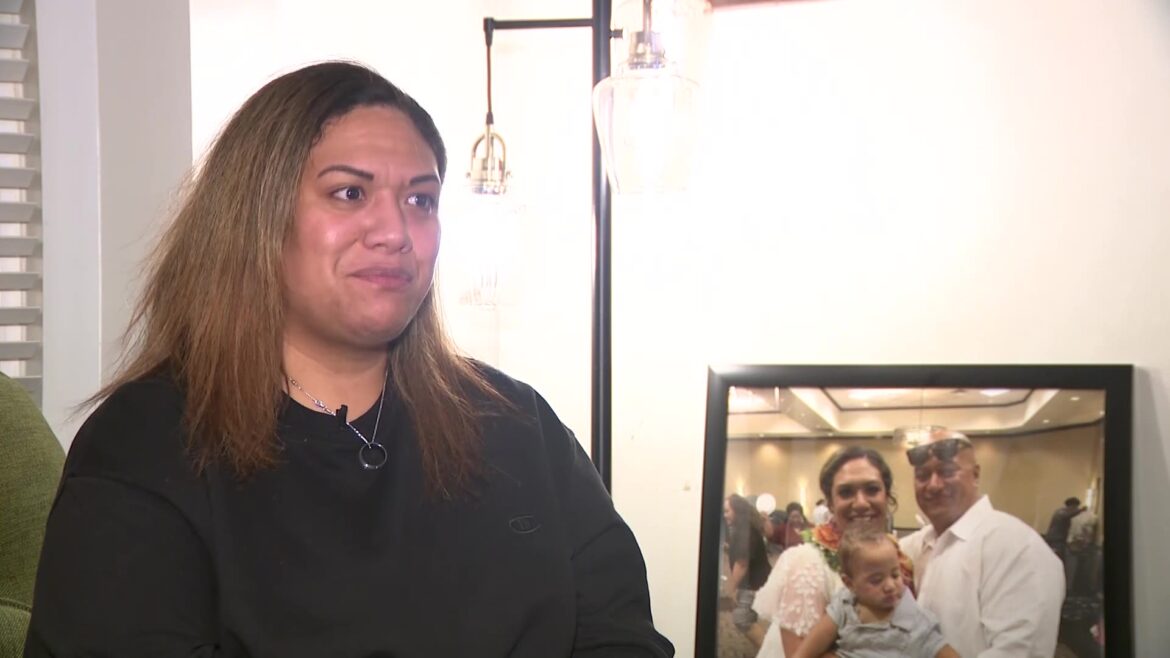New information has emerged in the Salt Lake City shooting that killed two Tongans and injured six others, with family members now saying both men were simply in the wrong place at the wrong time.

As Kaniva News has previously reported, the fatal shooting occurred while Tongan members were attending a memorial service at a Church of Jesus Christ of Latter-day Saints meetinghouse at 660 N. Redwood Road on Wednesday (US time).
The other victim was Vaea Tulikihihifo Jr, 46, whose family said he had stepped outside to retrieve baby formula for his five-month-old son when he was caught in the crossfire and fatally shot.
Vatuvei’s wife, Christina, reportedly said her husband stepped in as tensions rose outside the church gathering, attempting to defuse the confrontation and move it away from others.
“They were trying to move it outside and they were trying to stop it,” Christina said. “But by the time they got outside, one of the men started firing… people ran… we just don’t know,” she was quoted by the KSLTV as saying.
Christina said they had been married for only a few months, with their September wedding still vivid in her memory.
She believes her husband was caught in the crossfire.
“Around 8 p.m. is when I started getting all the phone calls that he was shot,” she said.
Police have confirmed that two people were killed and six others injured in the gunfire. No arrests have yet been made.
Christina said she was later told that her husband had been trying to intervene when the shooting began.
“The individual just took out his gun and started shooting everywhere,” she said. “I don’t think there was an intended target. It was anyone. And unfortunately my husband got caught in the crossfire. I heard that he was trying to stop it.”
Family members said Sione had worked hard to turn his life around after past struggles, including time in prison and gang involvement. Over the last four years, they said, he focused on personal growth and helping others do the same.
As police continue their investigation, the family is calling for answers—and for justice—while remembering a man they say lived to protect others, even in his final moments.




